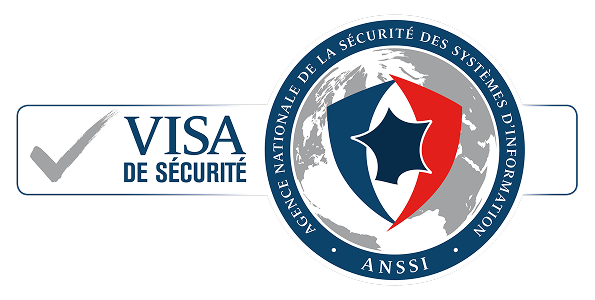Published on
October 13, 2025

Privacy has never been more important — especially in 2025, when artificial intelligence tools are becoming more powerful and data-hungry than ever.
Apps like WhatsApp have set a standard by offering end-to-end encryption by default, ensuring that only you and the person you’re chatting with can read your messages — not even WhatsApp itself.
But what exactly does end-to-end encryption mean, why does it matter, and how should you think about it as AI becomes more integrated into everyday apps?
End-to-end encryption (E2EE) is a system where messages are encrypted on your device and only decrypted on the recipient’s device.
That means:
If you want a deeper dive, check out our explainer: End-to-End Encryption: Definition & Benefits.
WhatsApp rolled out E2EE by default in 2016 and has since expanded it to cover chats, calls, backups, and even media. You can learn more about how it works on WhatsApp’s own security page.
This was a big step for privacy — it meant billions of users could communicate freely, knowing their conversations weren’t being scanned, sold, or analyzed by third parties.
AI is now embedded in many of the apps we use daily — from email assistants to social feeds to chatbots. While AI can be helpful, it also relies on huge amounts of data to work well.
Without strong privacy protections like E2EE, that data could be:
When your data is encrypted end-to-end, it’s far less likely to be misused — because no one except you and your recipient can access it in the first place.
Messaging apps like WhatsApp are protected, but what about your calendar events — where you store birthdays, school schedules, doctor appointments, and travel plans?
Most default calendar apps (Google Calendar, Apple Calendar) are not end-to-end encrypted, which means that your event data can potentially be accessed by servers, scanned for recommendations, or shared as part of a broader data model.
.png)
If you care about privacy in your messages, you should care about it in your calendar too. OurCal is one of the few shared calendar apps to offer end-to-end encryption by design, meaning:
With AI becoming a bigger part of our digital lives, now is the time to choose tools that keep your data protected — from your messages to your schedule.
WhatsApp showed the world how important end-to-end encryption is for communication. Now it’s time to bring the same level of privacy to your family calendar.
With OurCal, you can plan your life, share memories, and stay organised — all without giving up control of your data.
Published on
Oct 13, 2025

Privacy has never been more important — especially in 2025, when artificial intelligence tools are becoming more powerful and data-hungry than ever.
Apps like WhatsApp have set a standard by offering end-to-end encryption by default, ensuring that only you and the person you’re chatting with can read your messages — not even WhatsApp itself.
But what exactly does end-to-end encryption mean, why does it matter, and how should you think about it as AI becomes more integrated into everyday apps?
End-to-end encryption (E2EE) is a system where messages are encrypted on your device and only decrypted on the recipient’s device.
That means:
If you want a deeper dive, check out our explainer: End-to-End Encryption: Definition & Benefits.
WhatsApp rolled out E2EE by default in 2016 and has since expanded it to cover chats, calls, backups, and even media. You can learn more about how it works on WhatsApp’s own security page.
This was a big step for privacy — it meant billions of users could communicate freely, knowing their conversations weren’t being scanned, sold, or analyzed by third parties.
AI is now embedded in many of the apps we use daily — from email assistants to social feeds to chatbots. While AI can be helpful, it also relies on huge amounts of data to work well.
Without strong privacy protections like E2EE, that data could be:
When your data is encrypted end-to-end, it’s far less likely to be misused — because no one except you and your recipient can access it in the first place.
Messaging apps like WhatsApp are protected, but what about your calendar events — where you store birthdays, school schedules, doctor appointments, and travel plans?
Most default calendar apps (Google Calendar, Apple Calendar) are not end-to-end encrypted, which means that your event data can potentially be accessed by servers, scanned for recommendations, or shared as part of a broader data model.
.png)
If you care about privacy in your messages, you should care about it in your calendar too. OurCal is one of the few shared calendar apps to offer end-to-end encryption by design, meaning:
With AI becoming a bigger part of our digital lives, now is the time to choose tools that keep your data protected — from your messages to your schedule.
WhatsApp showed the world how important end-to-end encryption is for communication. Now it’s time to bring the same level of privacy to your family calendar.
With OurCal, you can plan your life, share memories, and stay organised — all without giving up control of your data.
Onin is a secure calendar app for your personal and social life. The app is currently invite-only as we gradually roll out early-access to our waitlist. For regular updates, follow us on Twitter.
